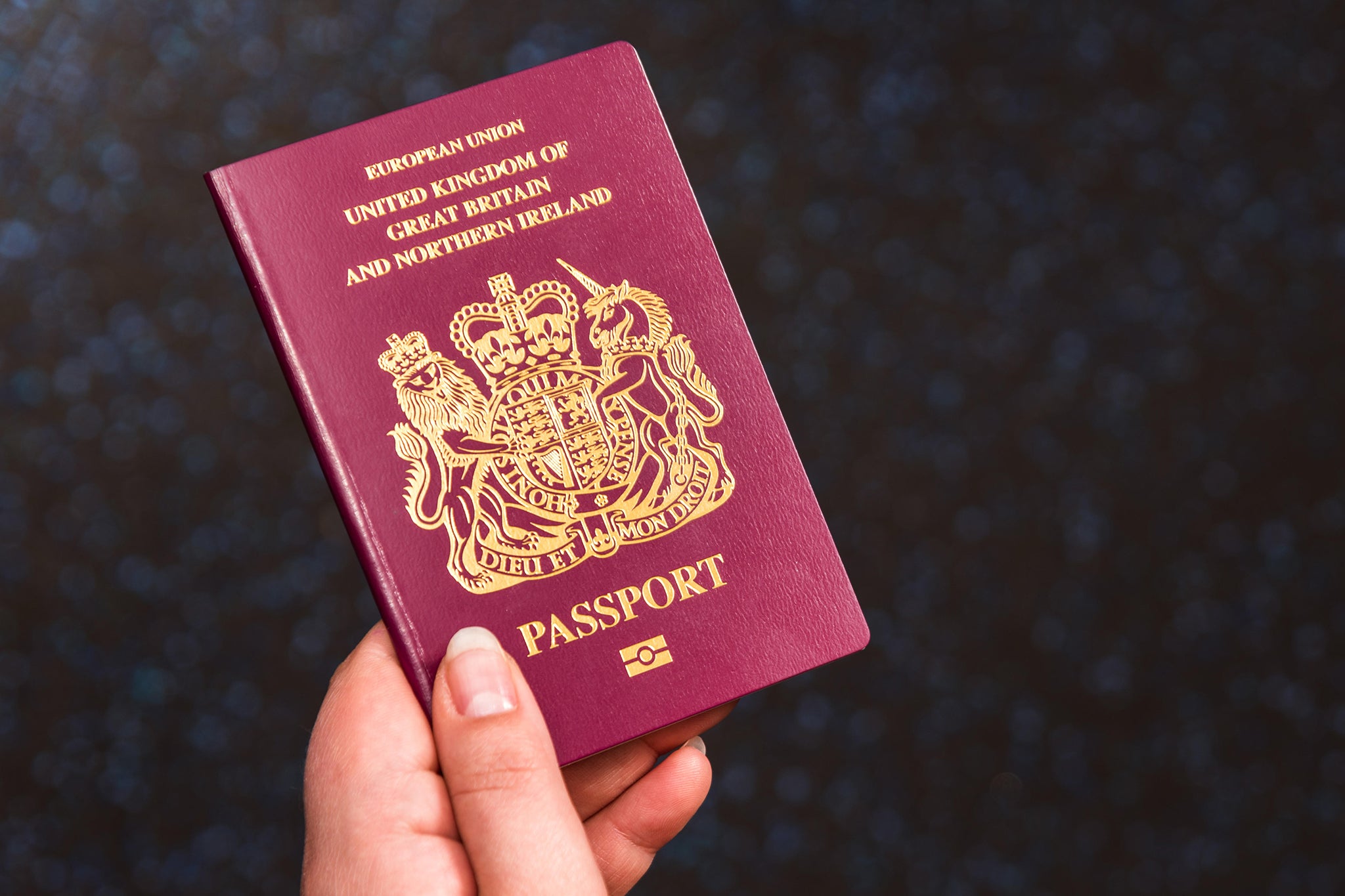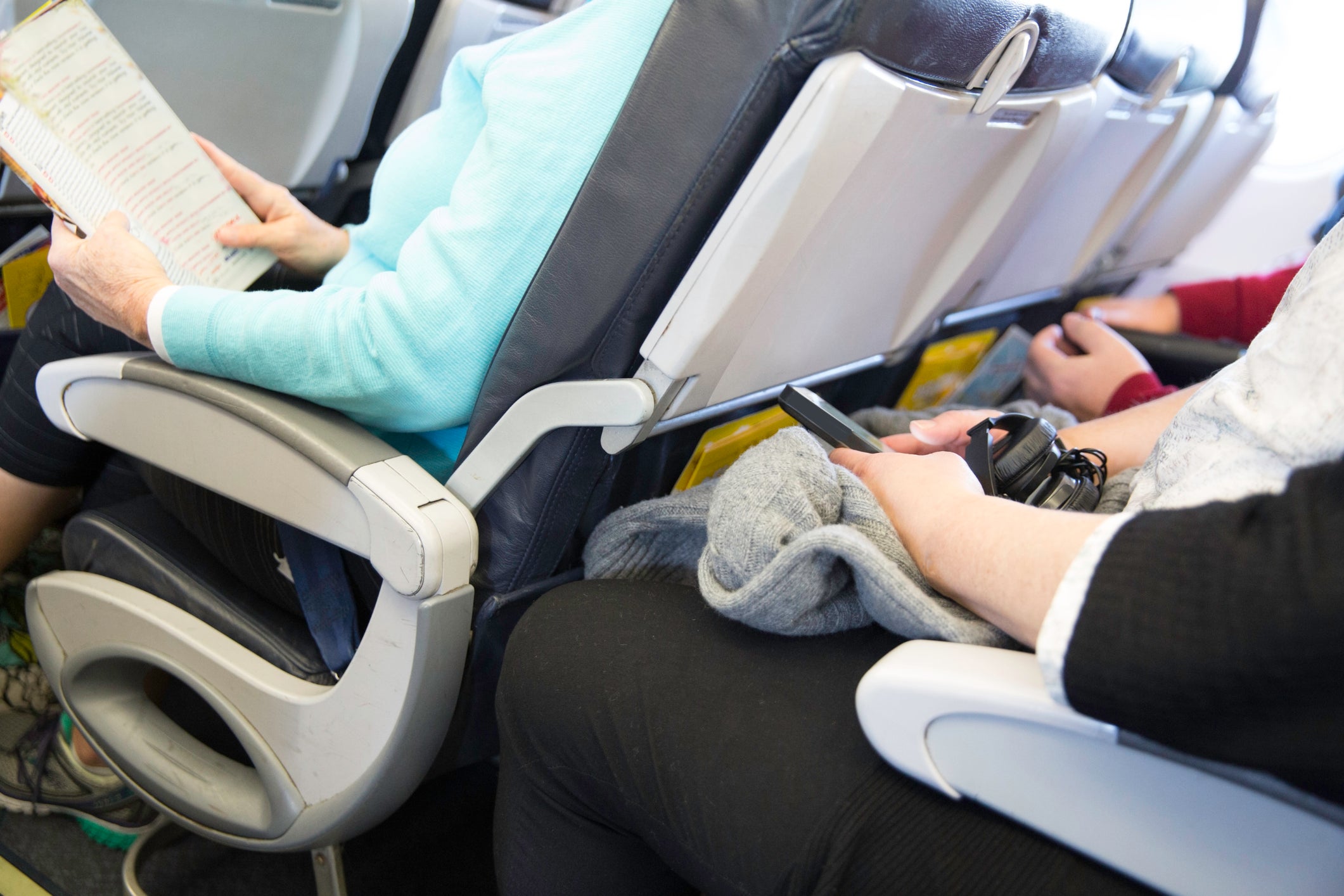Can you explain how Avios are different from tier points?
Simon Calder answers your questions on airline loyalty points, European passport rules, ‘seat wars’ on aeroplanes, and the costs of withdrawing money abroad


Q I am a fairly frequent traveller and belong to several airline loyalty programmes. I have been watching the changes happening at British Airways but am confused about the difference between “tier points” and Avios. Can you explain?
Megan D
A Airline loyalty programmes are complicated and change often. But most have two fundamentally distinct rewards. The first is “free” flights (the quote marks are because usually you have to stump up quite a lot of cash to pay for fees and taxes before you can go anywhere). The second is elite status, which confers benefits such as lounge access, extra baggage allowances, free advance seating and bonus frequent flyer points.
Think of them as two separate currencies. You can acquire frequent flyer points (leading to free flights) by flying frequently, but also by spending with particular retailers or using certain credit cards. But however many frequent flyer points you can save, you are not guaranteed anything beyond the scheme’s most basic membership level – Blue, in the case of British Airways.
To go up in the world, you need to focus on “tier points”. These have no intrinsic value beyond allowing you to climb the status league. You typically earn tier points each time you fly. Typically the longer the journey, and the higher the class of cabin, the more points you accrue. Eventually you reach a level where you have lounge access (Silver for BA) and, beyond that, many other benefits such as superior lounges and seat choice.
With some frequent flyer programmes, there are ways of earning loads of tier points without spending too much actual cash. Some travellers go on “points runs” specifically to gain elite status. That was one reason British Airways decided to restructure its loyalty programme, so that tier points are linked to spend rather than distance flown.
To sum up: “normal” points (such as Avios) get you free flights or upgrades. But tier points bestow some valuable extras, which is why BA’s changes were so controversial.

Q You have been writing once again about passengers being denied boarding on flights to the EU because of confusion over passport validity. Couldn’t each airport nominate a manager – somebody with authority and an expert understanding of the rules – to adjudicate when airlines refuse?
David P
A At the start of 2021, Brexit took effect and the UK achieved its goal of becoming a “third country” with fresh restrictions on passport validity and length of stay. Because it was clear that there would be confusion over the new rules, I liaised with officials in Brussels to establish the exact rules – which I passed on to the major airlines and holiday companies.
A British visitor to the European Union must meet two conditions. First, the passport must have been issued less than 10 years ago on the day of departure to the EU. Second, on the day of intended return, it must have at least three months remaining.
I established with EU officials that these conditions are independent of each other. For example, you could travel out on the day before your passport’s 10th birthday, and stay for up to 90 days (assuming you comply with the “three months remaining” rule). But the UK government, easyJet and Ryanair invented a non-existent rule: that a British passport expires, in the eyes of Europe, when it is nine years and nine months old.
Eventually, these organisations accepted that the rules were as I had stated. Yet as multiple cases show, some airport ground staff still make up their own versions and wrongly turn away passengers.
Your idea is appealing but I cannot see it happening. First, who would pay for such an arbitrator? I cannot see the airport or airlines wanting to see their costs increase. Second, such a role should not be necessary: the staff member need simply look at the issue date and check it was less than 10 years ago; then look at the expiry date and ensure it is at least three months after the intended day of return.

Q How should you deal with the passenger in front of you who reclines his or her seat without consideration? This happened to me on a recent flight from Singapore to Perth. I spoke to a stewardess but she proved unhelpful.
Janet T
A Other people, eh? Jean-Paul Sartre surely had aviation in mind when he declared: “L’enfer, c’est les autres.” When you are crammed into an economy class seat on a longhaul flight, hell is indeed other people. The experience is even less appealing if the passenger in front thoughtlessly presses the recline button and launches the seat towards you, possibly crushing your laptop or spilling your drink.
In my experience, cabin crew will intervene and ask errant passengers to raise their seats prior to take-off or landing. Safety protocols demand this, in order to avoid an obstruction during an emergency evacuation. Cabin crew will also ask for seatbacks to be raised during the meal service. But beyond that they tend not to get involved in issues of comfort and courtesy between passengers. I have observed something of a domino effect rippling through the economy cabin: the first row reclines, and everyone else behind puts their seat back to compensate.
You ask how to “deal with” an inconsiderate passenger. Perhaps I am too British, or timid, or both, but I don’t engage with people in front who feel entitled to go for maximum space with maximum force.
I can offer two routes to avoiding such problems in future: one expensive and one cheap. The first is to invest in a superior class; premium economy looks to me as though a recline would not feel invasive, and once you are in the realms of business and first then you have your own personal cocoon. The second: go low cost. Some travellers were annoyed when easyJet and Ryanair took away the recline function on aircraft seats for cost-saving reasons. But it worked wonders in ending recline wars. Today we all put up with fixed seatbacks on budget flights, even those lasting five or six hours.
Agreed, the UK’s no-frills carriers do not serve Australia. But you can stitch together a sequence of cheap flights to cover a journey of any length. Breaking up a longhaul from the UK to Australia with overnight stays in Istanbul, the Gulf, India, Thailand and Singapore could make for a comfortable adventure.

Q For spending when abroad I use a no-fee credit card and make cash withdrawals on my First Direct debit card, which also has no fees for use abroad. But last month in the Canaries I tried three different bank ATMs, and the cheapest fee per withdrawal was €7 (around £5.80) – twice what I paid last autumn.
Is this situation likely to continue, or get any worse?
John E
A Using cash and fee-free credit and debit cards when travelling abroad maximises the value of increasingly pathetic sterling. As a First Direct customer myself, I appreciate the chance to withdraw cash at ATMs abroad without any charges from my UK bank.
Five years ago (ie before Covid) it was relatively rare to find an ATM abroad that made an unwelcome demand for several euros to dispense the required notes. But, like you, I am increasingly seeing cases in which cash withdrawals incur significant charges. The providers of ATMs have seen usage slump, and say that banks cannot reasonably be expected to subsidise the free use of cash machines through their other activities. Providing a fully stocked ATM on a Canary island, with all the security and maintenance issues involved, is an expensive business. A “direct access fee” of the scale you encountered reflects this reality.
With uncertainty about how much it might cost to get hold of foreign funds, obtaining euros before leaving the UK is a better idea. Some companies offer excellent rates to walk-up customers or by post. But don’t take out too much cash: increasingly many traders have given up on physical money and insist on contactless payment. I have been in Australia since Saturday and have found no situation in which I was required to pay cash, and many in which contactless is the only option.
But while you are paying by card or your phone, beware of “dynamic currency conversion” (DCC). The user is invited to lock into a specific exchange rate – which is guaranteed to be advantageous to the merchant at the expense of the traveller. Say “yes” to DCC and you will lose a slice of your holiday cash.
Email your questions to s@hols.tv or tweet @SimonCalder
Join our commenting forum
Join thought-provoking conversations, follow other Independent readers and see their replies
Comments

Bookmark popover
Removed from bookmarks